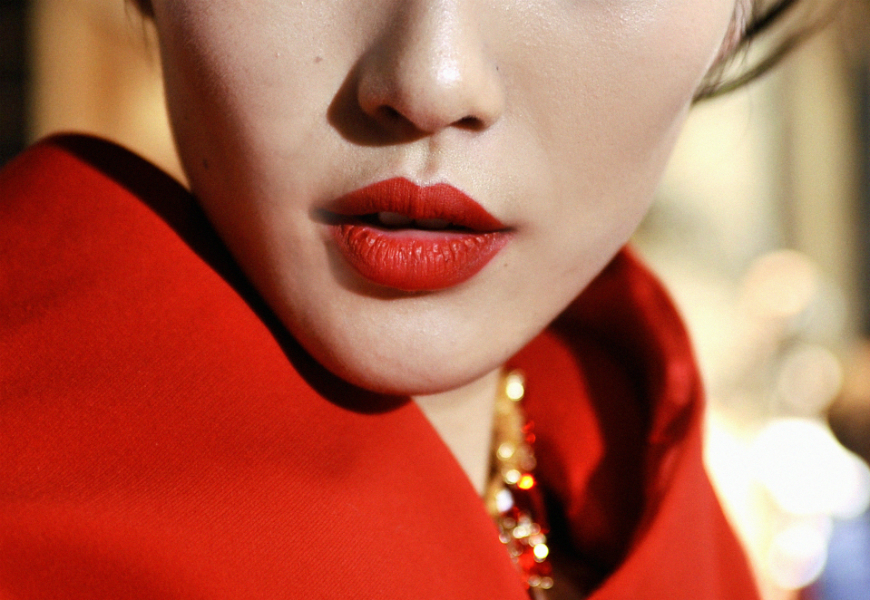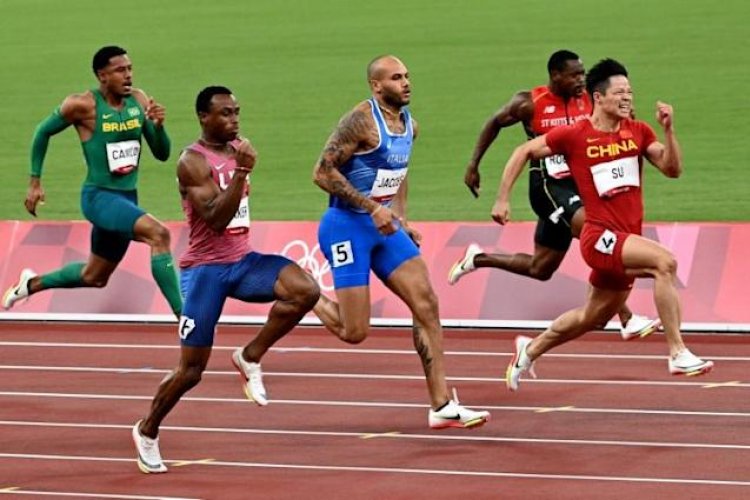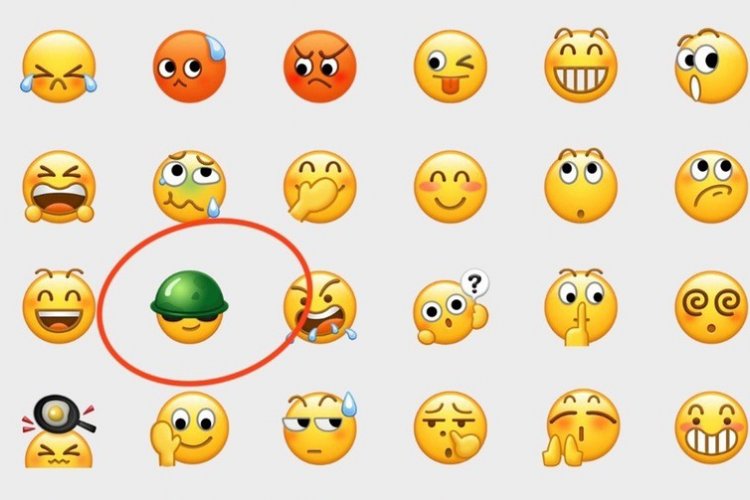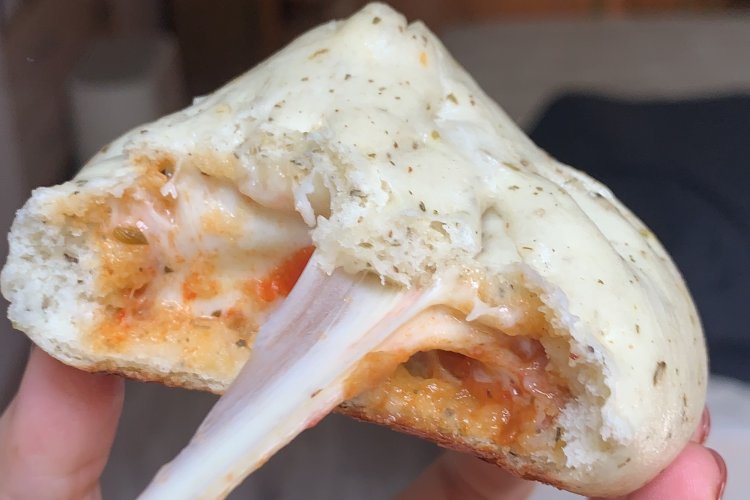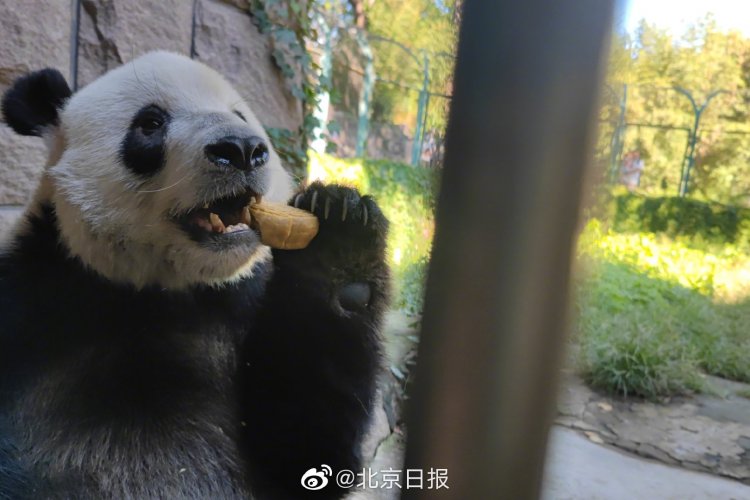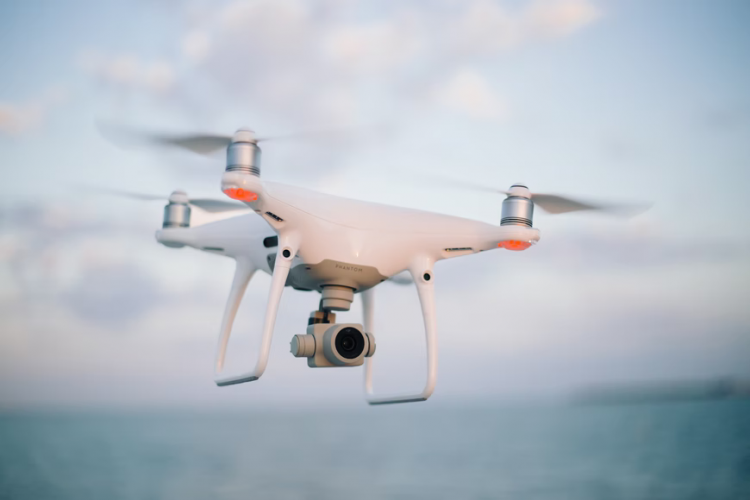Trending in Beijing: Minimum Salary, Holiday Stats, and Parade-chic Lipstick
The fun, the strange, and the what-on-earth-is-this? Trending in Beijing is a wrap-up of top stories in Beijing as told by the trending hashtags, local press, and general power of the internet.
The minimum annual salary in Beijing increases... a tiny bit

When you live within the third ring road and spending your time making it rain in the CBD or Sanlitun, it can be easy to forget just how wide the poverty gap in China is, and just how little money some Beijingers manage to survive on.
On Oct 9, the Beijing Municipal Bureau of Human Resources and Social Security released a report which announced that the minimum annual income in Beijing is now (drumroll please) RMB 25,920, an RMB 1,440 increase from last year. The figure translates to RMB 2,160 per month. Now try living on that!
Unsurprisingly, the netizens are not impressed. "If you don't eat and only drink cold water every day, it will still take a 100 years to buy an apartment bigger than 50 sqm," writes one Weibo user.
The announcement also brought out plenty of tone-deaf spoiled rich kids, including one who asked "is it an annual or a monthly salary?". Har har, tell that to the migrant workers who clean your home and see if they laugh. Users are discussing their annual income under #北京2019年最低工资保障线25920元# (2019 minimum annual wage in Beijing is RMB25,920).
Golden Week boom: who came to Beijing and how much cash did they drop?

Finally, the holiday rush is over and our fair city is back to the standard level of crowded (which is still pretty damn high). Reportedly, a whopping 7.82 million trips were completed during the holiday, and Beijing city was amongst the most popular destination for tourists.
Xinjing Newspaper revealed some juicy stats, including that travelers from Shanghai made up the largest number of visitors to our fair city, with neighboring Tianjin and Shijiazhuang taking up the following spots. However, fancy Shanghainese were not the ones to spend their money. Travelers from Chengdu were the highest spenders with an average of RMB 5,979 per person. Chongqing followed not too far behind at RMB 5,445. Thanks, neighbours!
Weirdly though, travelers spent most of their money at ... Beijing Capital Airport. This smells like a oh-crap-I-need-last-minute-gifts-for-distant-relatives-I-completely-forgot-to-buy-during-my-trip kinda situation if you ask us. Travelers reportedly spent 52 percent of their money on shopping, 10 percent on entertainment, and 8 percent on food. Men and women had similar spending habits, with the former shedding the average of RMB 6,850 and the latter RMB 6,280 on average. We just hope they reserved enough time to recoup and regain the spending power before the grand 11/11 Singles Day spending orgy.
Domestic cosmetic brands dominate the market

Forget Chanel, Lancome, or Bobbi Brown, it's all about Chando, Maysu, and KanS now. Plenty of heart-warming patriotic feelings were stirred up during the Oct 1 festivities, and even the Chinese cosmetic market is feeling the benefits.
Suning reported that during the first week of October, sales of domestic brands increased by 16.2 percent year-on-year, which is four times more than their imported counterparts. As of Oct 1, eight out of the ten most popular brands in China were domestically owned.
The makeup craze is partially thanks to ranks of female soldiers who appeared during the October 1 parade wearing bright red lipsticks, triggering a new hot search term "parade make up" (阅兵妆). Look out MAC, you may need to retire 'Russian red' shades, because 'China red' (中国红) is simply crying out to be made into a lipstick shade (you can thank us later, Chando).
READ: Meituan Bike Inches Up Prices as Didi's Alternative Stays Steady
Images: Weibo, Herworld

